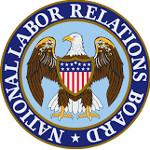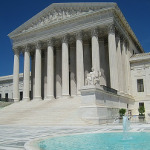Laid Off Blackjewel Coal Miners to Get Millions in Back Pay After Train Blockade
Bankrupt coal company Blackjewel has agreed to pay roughly $5.1 million to cover back wages of more than 1,000 its Kentucky, Virginia and West Virginia miners, reports The New York Times.
For two months this summer, out-of-work miners blocked a train full of coal from shipping out of an eastern Kentucky mine, demanding weeks of unpaid wages after their employer went bankrupt and shut down operations in the middle of an afternoon shift, writes the Times‘ Mihir Zaveri.
The company did not file a mandatory 60-day advance warning and did not post a bond, required by Kentucky law, to cover payroll. And workers did not receive pay for their last week on the job. Paychecks for two previous weeks bounced.




